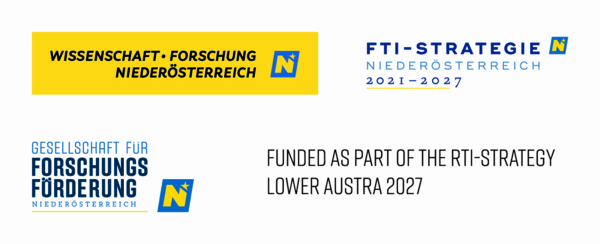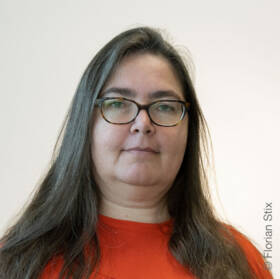Tracking and Tracing along a food supply chain: the soy case
Background
Recent policies, such as the European Green Deal, the Circular Economy Action Plan, the Initiative on Substantiating Green Claims, and the Supply Chain Act in Germany and its upcoming pendant on the European level, encourage supply chain (SC) stakeholders to adopt circular economy practices and openly communicate information on sustainability and product details. To pave the way for more transparency, better traceability, and higher quality of food as well as to promote circular economy practices the concept of a digital product pass (DPP) has been introduced. The DPP serves as a general framework for digital information storage, validation, tracking, and management within a single platform.
Project Content
The practical implementation of a digital product pass faces several hurdles. Handling supply chain complexity, maintaining technological, organizational, semantic, and legal interoperability, facilitating data sharing, and integrating a DPP into current production ecosystems are some of the challenges that need to be overcome. This is further compounded by emerging technologies such as distributed ledger technologies (DLTs), including blockchain, machine learning (ML) and artificial intelligence (AI), as well as the Internet of Things (IoT). In the current project, we are taking on these challenges with the intention of developing an innovative DPP concept and a lab prototype. For this, we connect with ongoing projects and (national and European) research efforts, taking their findings into account in order to lay a solid foundation for our study.
Goals
We devise an analogue concept of a product pass and explore its practical implementation in the food sector. This includes examining which tools are needed for that and highlighting the opportunities a DPP presents. In this project our efforts are particularly focused on constructing a prototype DPP for the soy supply chain use case. We also examine how emerging technologies like Distributed Ledger Technology (DLT), the Internet of Things (IoT), and Machine Learning (ML/AI) can improve product information storage, tracing, and exchange. Moreover, we elaborate on further benefits these technologies bring to the development of a DPP, as well as the challenges and risks they entail.
Methods
The overarching objective of the project is to investigate how a viable digital product pass (DPP) concept can be implemented. We apply observational and experimental evaluation methods (i.e., test the prototype in a lab environment) to develop a DPP prototype. We perform case study research to investigate existing processes and use case requirements and identify the data requirements to refine the DPP concept. To further evaluate the framework and the prototype, industrial data based on the soy supply chain use case is collected.
We also explore which benefits it reaps when integrating distributed ledger technologies (DLT), machine learning/artificial intelligence (ML/AI) and Internet of Things (IoT). We test various types of IoT devices and DLT solutions to assess their compatibility with the DDP concept, evaluating whether they can efficiently and securely capture and store relevant product data. Additionally, we employ ML/AI methods to optimize decision-making throughout the digital infrastructure, as well as data pre- and post-processing, and data management.
Another pillar of our project involves active engagement with various food supply chain stakeholders. Their data provides valuable input for testing our prototype and the digital infrastructure.
Results
For small-scale enterprises in the food industry and farmers, keeping pace with the latest developments and implementing new procedures can be challenging. In Austria, these stakeholders often lag behind in digitalization and innovation, which hinders the widespread adoption of technology. This project addresses these challenges by promoting research collaboration and innovation among small and medium enterprises (SMEs) in Austria. By doing so, it provides food production enterprises with access to innovative solutions and the opportunity to test these technologies for their specific needs.
The main outcome of the current project is a prototype of a digital product pass (including an analogue concept), offering enhanced traceability, visibility, privacy, and security of information within the food supply chain. This and the resulting higher efficiency in supply chain transactions, processes, and communication increases consumer trust. A DPP can also strengthen collaboration among supply chain partners, giving them a competitive advantage as well as improve the environmental impact of the food supply chain.
You want to know more? Feel free to ask!
Department of Rail Technology and Mobility
- Sojarei Vollwertkost GmbH
- Bio Agrar Service
- Biogast
- Fachhochschule Campus Wien


